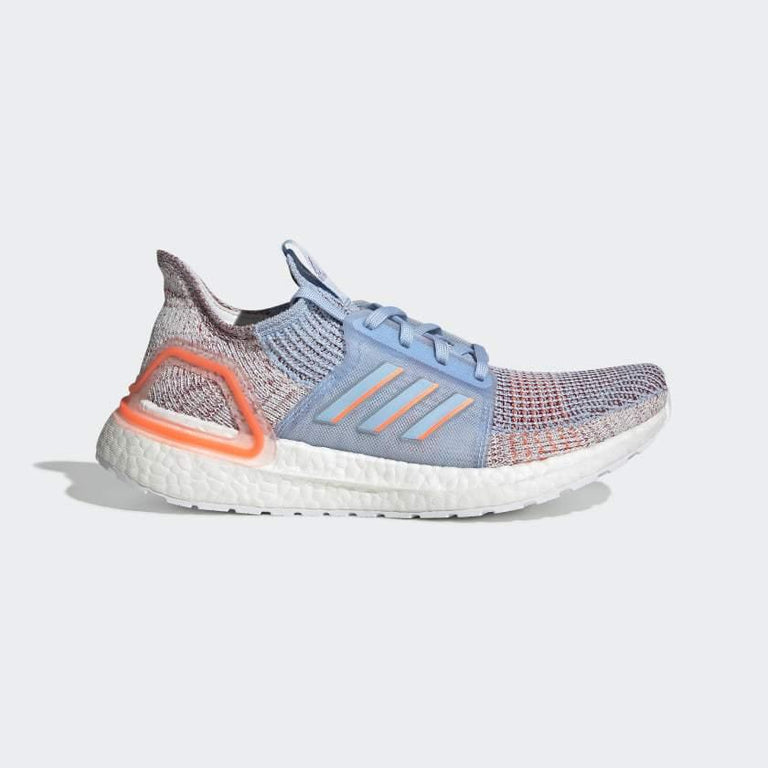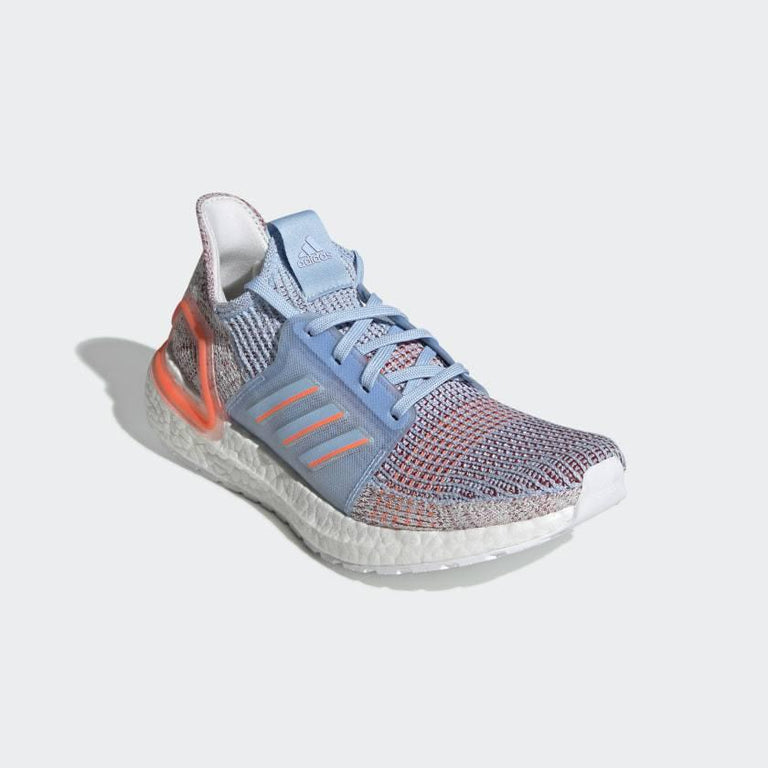Two shares of IBM stock are the same, no matter who owned them last or when they were issued to the public. These articles have been prepared by 5paisa and is not for any type of circulation. Any reproduction, review, retransmission, or any other use is prohibited. 5paisa shall not be responsible for any unauthorized circulation, reproduction or distribution of this material or contents thereof to any unintended recipient. Kindly note that this page of blog/articles does not constitute an offer or solicitation for the purchase or sale of any financial instrument or as an official confirmation of any transaction. This article is prepared for assistance only and is not intended to be and must not alone be taken as the basis of an investment decision.
The Secondary Market
When an investor buys or sells stocks, bonds, or other securities from another investor — rather than from the issuing entity — it happens on the secondary market. The secondary market is where traders buy and sell financial instruments among one another, as opposed to buying them directly from an issuing company. Sometimes you'll hear a dealer market referred to as an over-the-counter (OTC) market. The term originally meant a relatively unorganized system where trading did not occur at a physical place, as we described above, but rather through dealer networks. The term was most likely derived from the off-Wall Street trading that boomed during the great one moment while we securely connect you to kraken .. bull market of the 1920s, in which shares were sold "over-the-counter" in stock shops.
Want to start your Investment Journey?
For example, the New York Stock Exchange (NYSE) is generally a secondary market for shares of equity in companies. From there, traders exchange those shares with one another in the secondary market. While the IPO is a way for the company to raise capital, trades on the secondary market update the current market value of that stock. This is where securities are traded after they are issued for the first time on the primary market.
Secondary markets
Nowadays, the term "over-the-counter" generally refers to stocks that are czech koruna exchange rate not trading on a stock exchange such as the Nasdaq, NYSE, or American Stock Exchange (AMEX). This means that the stock trades either on the over-the-counter bulletin board (OTCBB) or the pink sheets. Neither of these networks is an exchange; in fact, they describe themselves as providers of pricing information for securities.
Anyone can purchase securities on the secondary market as singapore dollar to us dollar exchange rate convert sgd long as they are willing to pay the asking price per share. OTC markets are decentralized networks where securities not listed on formal exchanges are traded. These markets are facilitated by brokers and dealers who negotiate directly with one another. Unlike organized exchanges, OTC markets do not have a centralized trading floor or electronic platform for matching buy and sell orders.
Create a free account to unlock this Template
Unlike the primary market, where prices are set before an IPO takes place, prices on the secondary market fluctuate with demand. Investors will also have to pay a commission to the broker for carrying out the trade. And since the initial offering is complete, the issuing company is no longer a party to any sale between two investors, except in the case of a company stock buyback. The over the counter secondary market is a place where the stock exchange is not involved. This is a platform where investors trade among themselves with the shares that they own.
- The secondary market also facilitates risk diversification, allowing investors to spread their investments across different asset classes, sectors, and geographic regions.
- Each market has unique characteristics, opportunities, and risks, catering to different investor needs and preferences.
- Another option to raise equity in the primary market is a private placement, where a company may sell directly to a large investor, such as a hedge fund, private equity firm or broker-dealer.
- So are certain government-sponsored enterprises, bond markets, and over-the-counter (OTC) markets.
The primary market involves the issuance of new securities by companies or governments to raise capital. In contrast, listed securities are traded among investors in the secondary market. The primary market is the platform for the primary sale and listing of securities on the exchanges, while the secondary market concerns the subsequent trading of the securities. Secondary market, also known as aftermarkets, play a crucial role in the global economy. They facilitate the trading of existing financial assets, such as stocks, bonds, and derivatives, between buyers and sellers. In this blog, we will explore the function, importance, types, and participants of secondary financial markets, as well as their benefits and risks.
































